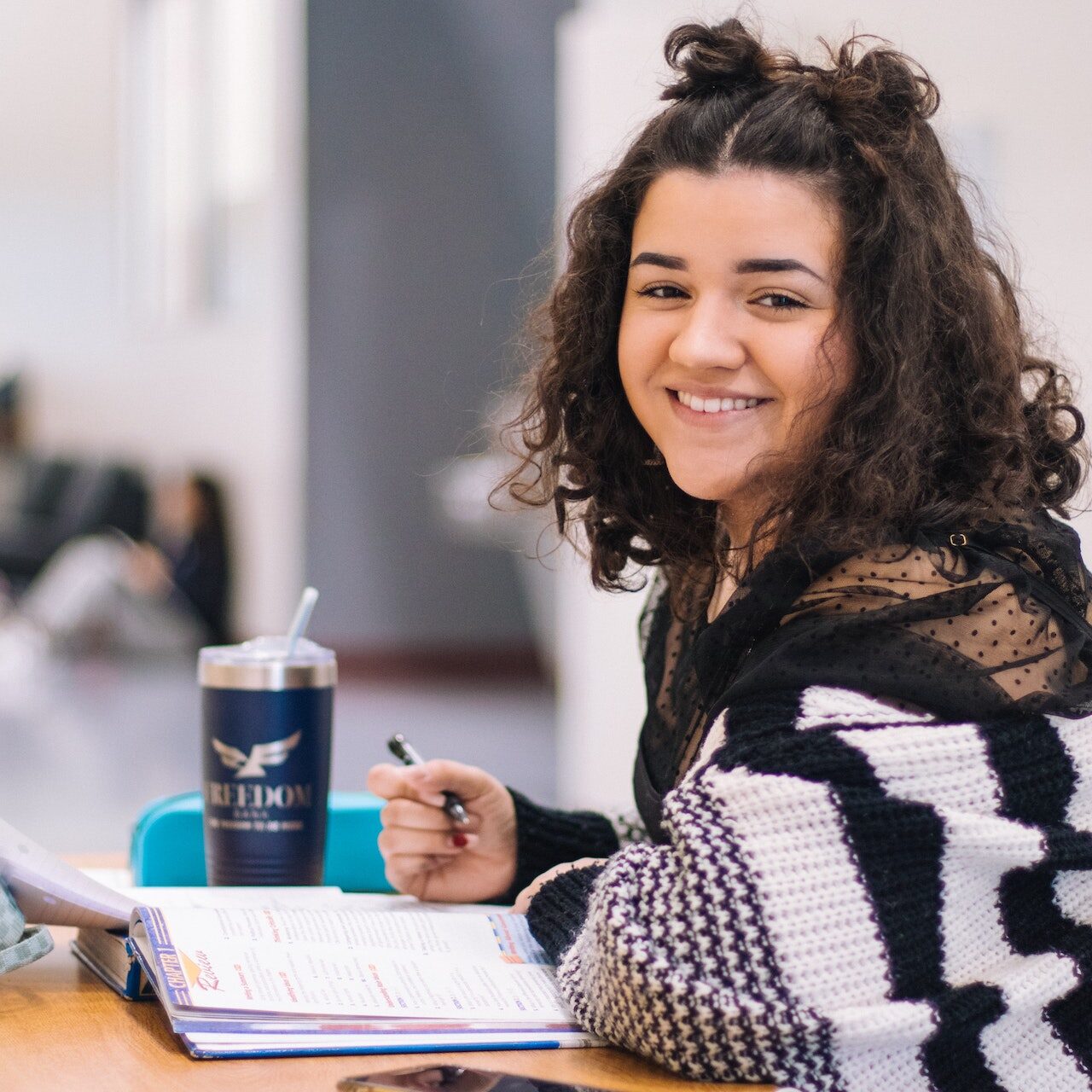EXECUTIVE FUNCTION COACHING
WHAT IS EXECUTIVE FUNCTIONING?
Executive functioning is a psychological term for the skills that help us get things done. At Alliance, we break them down into 5 core skills that can make the difference between stress and success in school.
Organization
- - Creating and maintaining schedules/routines
- - Using calendars + planners
- - Keeping track of information + materials
We begin with all students by establishing an organizational system, typically either paper planner, white board, or our favorite, google calendar. We then check the planner with the student at the beginning and end of every session to check off progress and make any edits needed.
Analyzing the syllabi is typically the first task for any class, determining where the difficult parts of the course will be, what texts are going to be needed in which forms, what counts most for the grade, and everything else that can be gleaned from the course documents.
Planning
- - Setting goals
- - Prioritizing
- - Time management
- - Breaking big assignments into smaller tasks
Determining class/course selection is also one of the early tasks: scouting the teachers or professors based on their reputations and any other available information about them, strategically arranging course load and distribution towards requirements or resume building, and long-term planning are all part of the approach.
When major assessments, such as a large research essay, come up, we help the student break the task into smaller pieces, such as “write outline” or “complete body paragraph one,” and schedule those pieces into the planning system, helping them prioritize the larger tasks and plan strategically around the other items on the calendar.
Self-Advocacy
- - Knowing when you need help
- - Asking for help
- - Finding helpful people, tools, or resources
- - Knowing your strengths and weaknesses
We coach the students through writing professional emails. Introducing oneself at the beginning of the semester, requesting accommodations, asking questions about the assessments are the basic templates. But continuing to build instructor/administrative relationships by helping them to navigate tricky situations in this unique dynamic can also be key to success.
Self-Management
- - Getting motivated + starting tasks
- - Sticking with a task or project to meet a goal
- - Managing emotions + anxiety
- - Controlling impulses
- - Handling frustration
- - Self-awareness/self-reflection
- - Coping with setbacks and unexpected change
An under-appreciated facet of Executive Function coaching is the element of positive ego construction. Getting motivated to complete a task or overcome frustration is infinitely easier if there is an underlying assumption that the mentor actually believesin that student to complete the task, and, most importantly, has a genuinely positive appreciation for that student as their best self. Our coaches are always attentive to this dimension to the relationship, which ultimately determines its success.
Attention
- - Shifting attention from tasks you like to ones you don’t
- - Keeping attention on a situation or task in spite of distractions or boredom
- - Working memory – keeping information in mind to complete a task
While issues with attention can be managed with medication, mindfulness, and therapeutic treatments, we focus on strategically addressing attention. Segmenting the sessions in a way that fosters greatest productivity is beginning of this effort. Teaching the student to recognize their own patterns and take the reins of this strategic management is the ultimate goal, requiring a fair amount of gentle self-reflection along the way.

